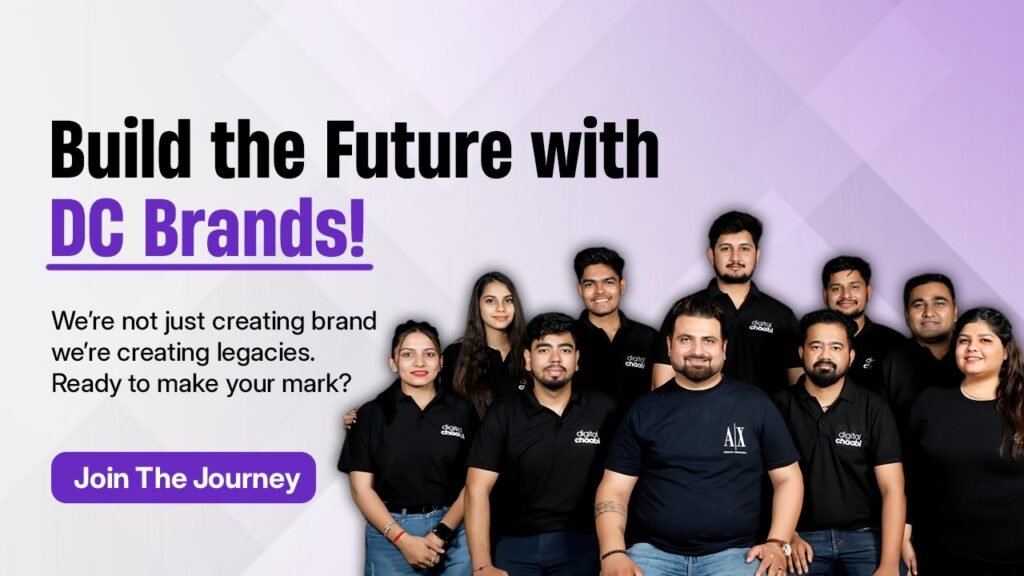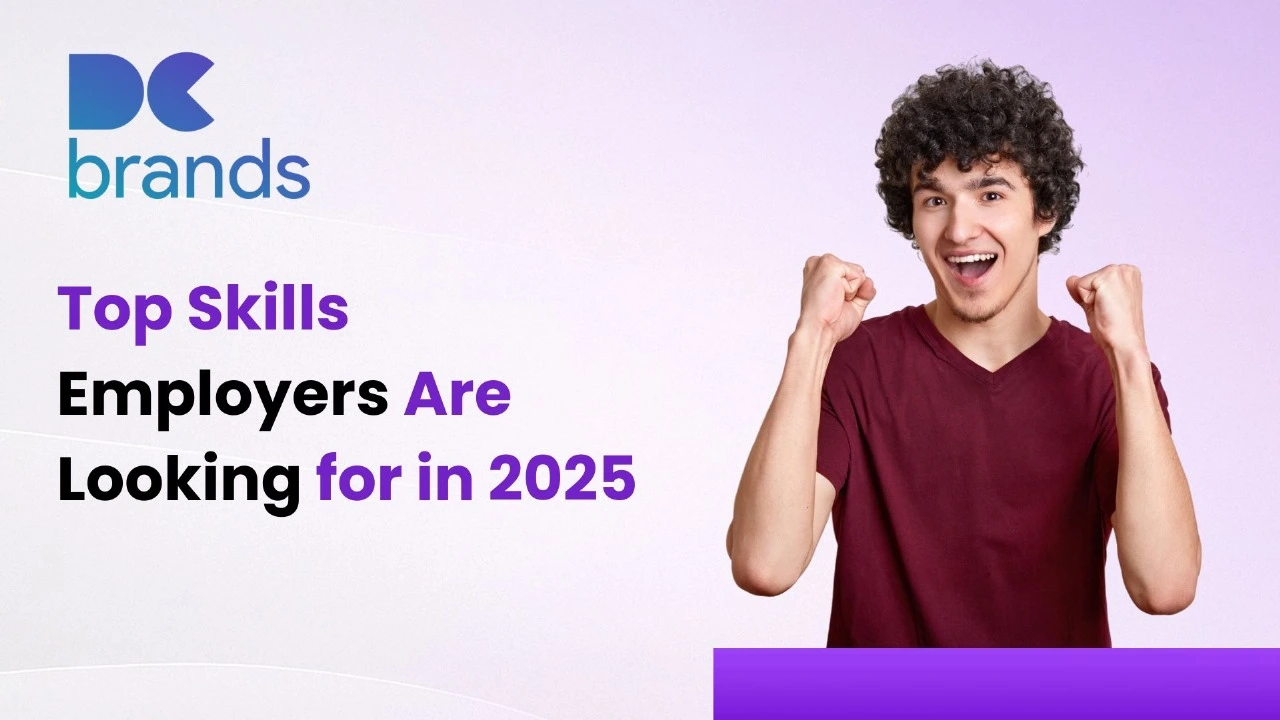Your career is like a way. Without a map, you can travel aimlessly, but with clear goals, you know exactly where you are going. In 2025, the labour market is evolving at a faster pace than ever. Technology, remote work, and digital skills are the transformation of industries.
That is why setting career goals is not only useful – it is necessary.
Understanding of career goals
Career goals are the milestones you want to achieve in your professional life. They guide your decisions, keep you motivated, and help you grow.
- Short-term goals: Achievements you aim to reach in the next 6–12 months, like completing a course or improving communication skills.
- Long-term goals: Bigger achievements that may take years, like becoming a manager or starting your own business.

Why setting career goals is essential in 2025
The workplace is transformed. Companies now require digital literacy, problem-solving, and adaptability. The remote work opened global opportunities, but also increased the competition. Without clear targets, you can get stuck or stay behind.
Step 1: Identify your passion and strengths
Ask yourself: What excites me? What am I naturally good at? Understanding your passion and skills will help you choose a career path that feels fulfilling, not forced.
Step 2: Define clear and specific goals
Vague goals do not go anywhere. Therefore, you should follow the intelligent method:
- Specific: Be clear about what you want.
- Measurable: Track your progress.
- Achievable: Set realistic targets.
- Relevant: Align with your long-term vision.
- Time-bound: Set deadlines.
Example: Instead of saying, “I want a better job,” let’s say, “I want to become a team leader in my company within 18 months.”
Step 3: Divide the goals into managing steps
Big dreams can feel stunning. The division into smaller tasks is achievable. For example, if your goal is to become a digital trader, start:
- Learn the basics of SEO and social media.
- Take an online certification.
- Apply for internships.
Step 4: Building the right skills
2025 requires a constant increase. The industries develop, and you have to. Platforms such as Coursera, Udemy and LinkedIn Learning offer affordable courses. Your profile can increase certifications in areas such as data analysis, AI or digital marketing.
Step 5: Create a career action plan
The plan is your plan. Write down your goals, the necessary steps and deadlines. Have a written plan that is responsible.

Step 6: Stay flexible and customize.
Not everything goes as planned. The economy can move, companies can restructure, or your interests may change. Adaptability ensures that you don’t feel stuck when things don’t work as expected.
Step 7: Network and Connection Creation
Opportunities often come through people, not just work portals. Take part in webinars, join professional groups and stay active on LinkedIn. A strong net can open doors that you didn’t know existed.
Step 8: Watch your progress
Watching motivates you. Use magazines, applications, or tables to monitor success. Celebrate a small victory – they join in great success.

Step 9: Stay motivated
Challenges are normal. The key is endurance. Reward yourself for progress and remind yourself why you started. Motivation grows when you see the results.
Common Mistakes to Avoid
- Setting goals just to impress others.
- Aiming too high too soon.
- Ignoring your personal interests.
- Not updating your goals as life changes.
Tips for Career Success in 2025
- Stay curious, keep learning.
- Balance work with personal life.
- Keep your resume updated.
- Don’t fear failure; it’s a lesson.
Conclusion
Determination of career goals in 2025 is not just about climbing the ladder—it is about building a way that suits you. With the right thinking, skills, and perseverance, you can achieve everything you think. Remember: Career success is a journey, not a sprint.

Frequently Asked Questions:
1. How do I find out if my career goal is realistic?
Check that this is specific, reachable using your current resources and aligns with your long-term vision.
2. What if I do not achieve my goals?
Failure is part of growth. Analyse what’s wrong, edit your plan and try again.
3. How often should I update my career goals?
At least once a year, or at any time your situation or interests change.
4. Does it depend on short-term goals?
Yes. It acts as a springboard to your greater vision of your career.
5. Can career goals change over time?
Absolutely. When you gain experience and clarity, your goals can move – and that’s quite normal.









